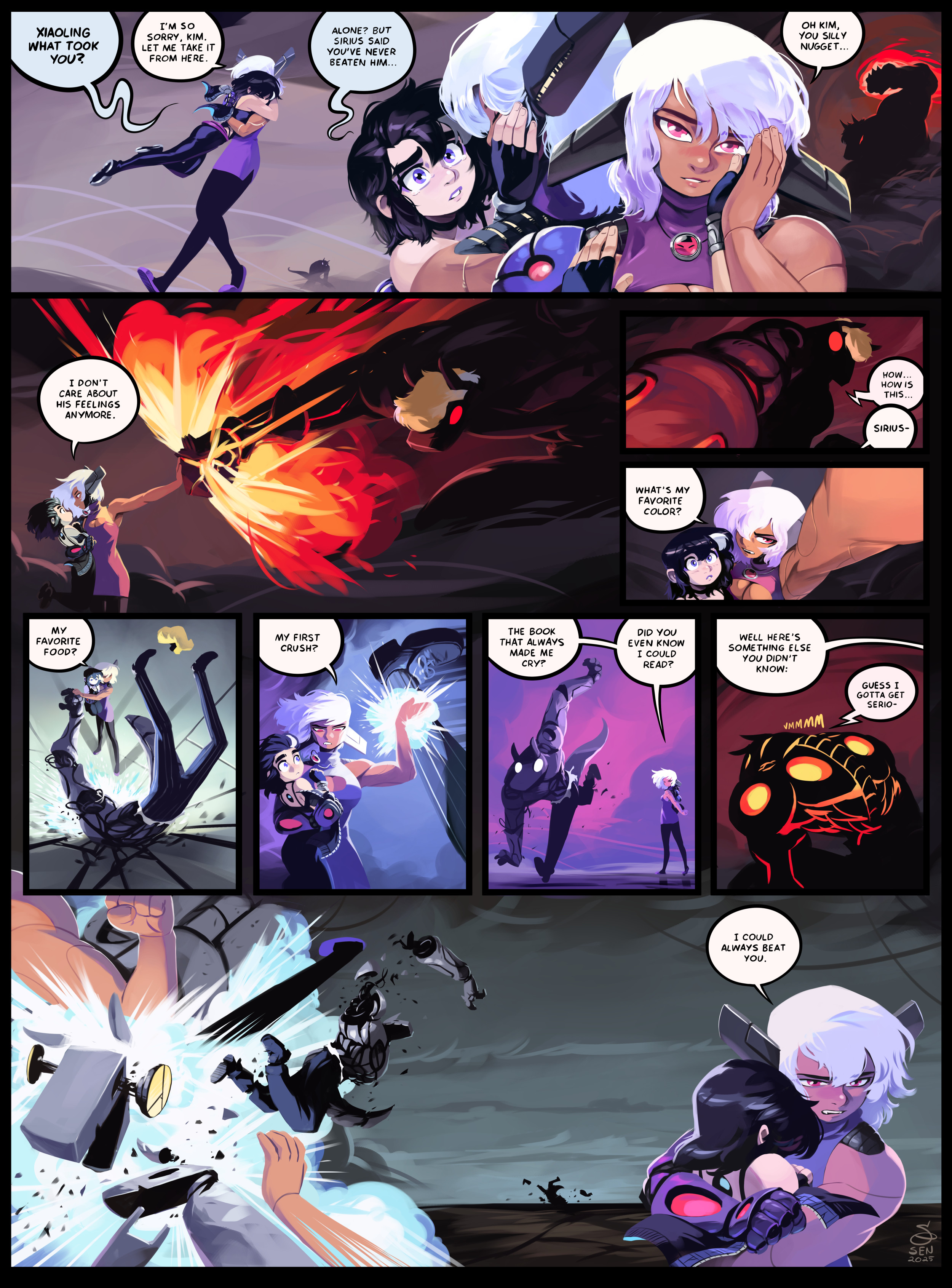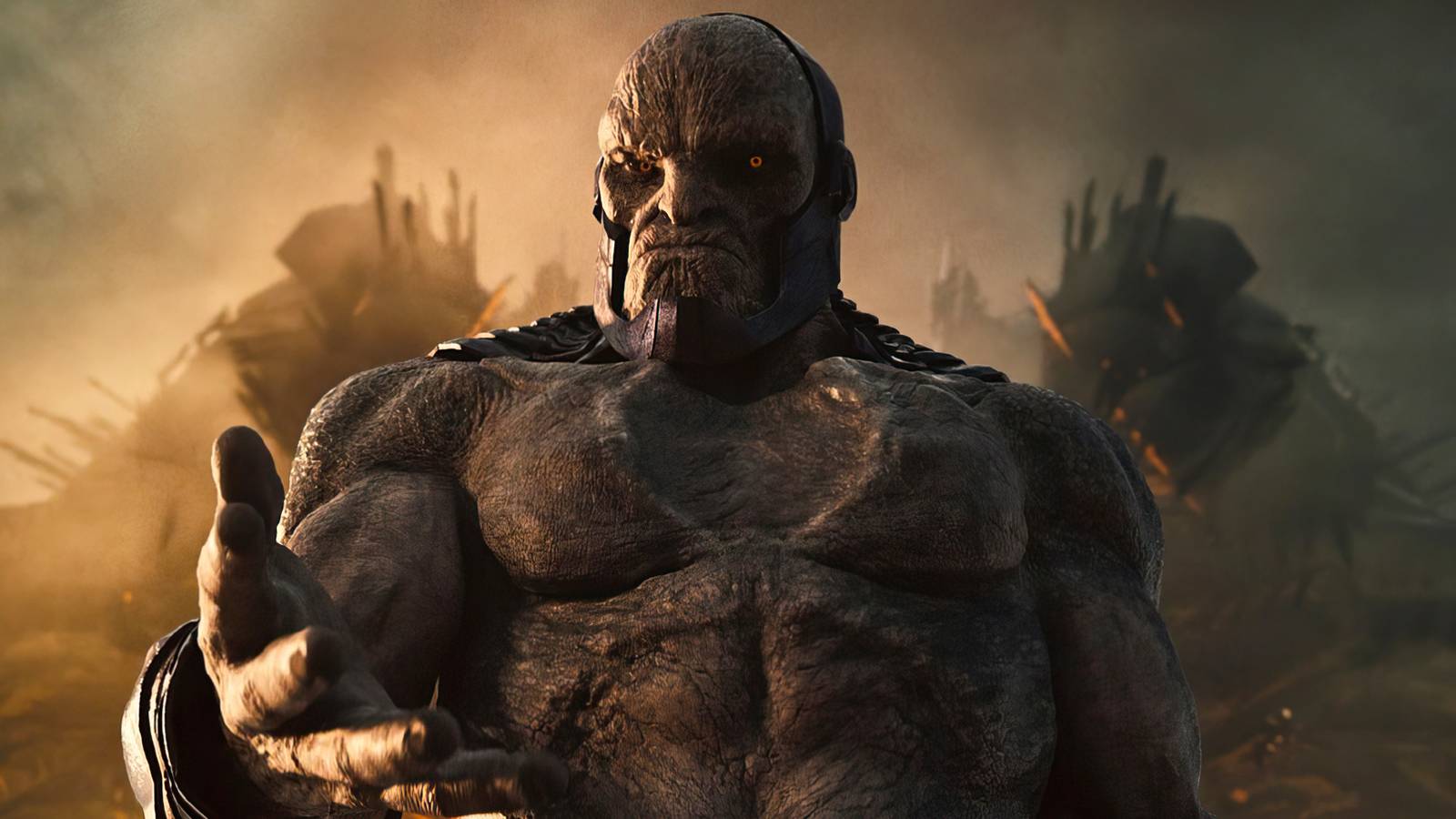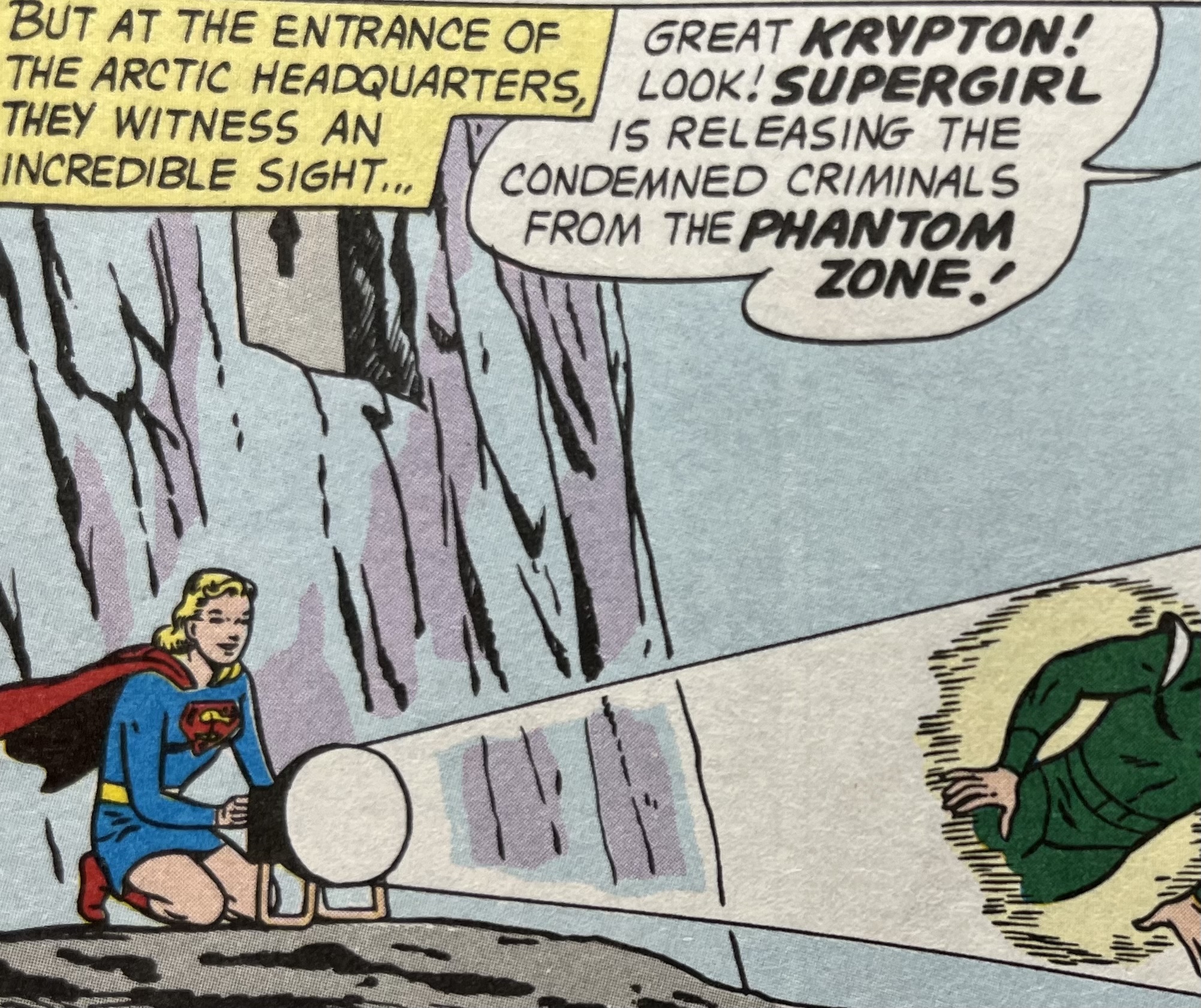
Warning: This article contains spoilers for the season 3 premiere of “Star Trek: Strange New Worlds.”
The latest season of Star Trek: Strange New Worlds introduced a shocking development by portraying Captain Christopher Pike (Anson Mount) as a Christian, marking one of the most explicit displays of faith in the history of the science fiction franchise. In a pivotal scene of the season 3 premiere, Captain Pike is seen reciting the Lord’s Prayer in a moment of crisis, a gesture that has prompted renewed discussions about spirituality within the Star Trek universe.

Star Trek’s tenuous connection with religion has always been complex. The franchise’s creator, Gene Roddenberry, was openly atheist, and early series avoided directly addressing belief in God. However, the depiction of faith has varied over the decades. For example, Captain Kirk’s character in the original series was written with hints of monotheistic belief. In the episode “Who Mourns for Adonis?” Kirk distinguishes between polytheistic gods and the monotheistic God, suggesting an underlying acceptance of Christian-like faith. Later, in Star Trek V, Kirk questions a being claiming to be Jehovah, showing openness mixed with skepticism—a trait consistent with his rational and questioning nature.

The series “Deep Space Nine” took religion even further by centering much of its storyline on faith and divinity, particularly through the character Kira Nerys, who practices her beliefs devoutly. This showed respect for religious belief while maintaining the franchise’s tradition of rational thought. Despite prominent atheistic characters in recent Star Trek series like “The Next Generation,” the overall narrative often embraced a rationalist philosophy, which is neither strictly atheist nor dismissive of faith. It emphasizes a balanced approach, valuing rationality while acknowledging that the existence of God cannot be disproven.
The revival of explicit Christian themes in “Strange New Worlds” is a welcome change for many fans, especially those of the Christian faith, who have felt increasingly marginalized in recent portrayals of the franchise. This development harkens back to the franchise’s origins while providing a fresh and accessible storyline. The show balances science and faith meaningfully, as demonstrated by Pike turning to prayer during an intense moment of personal vulnerability involving his injured lover.
Star Trek *can* treat religion respectfully (cf. DS9), but this was stunning to see. At an absolute low moment, Pike is so desperate not to lose Marie he falls to his knees, says, “Okay, you win, Dad,” and starts to pray the Our Father. #strangenewworlds #startreksnw #spoilers pic.twitter.com/lXdkYnXTg8
— Kimberly (@kalliend3) July 19, 2025
While never explicitly stated, Star Trek: The Next Generation‘s Captain Picard generally portrayed an atheistic perspective, heavily influenced by Roddenberry’s secular humanism and rationalism. He is shown to be respectful of other’s beliefs but rejects them for himself, often dismissing the idea of a supernatural deity. Captain Jean-Luc Picard was often seen as the embodiment of Star Trek’s rationalism, but a closer look reveals a consistent Deist worldview rather than strict atheism. Over his career, Picard expresses a belief in a designed universe and an afterlife, grounded in the “marvelous complexity” and “argument from design.”
His encounters with phenomena like the Traveler’s manipulation of space and time and the revelation that humanoid life was seeded by an ancient race deepen this quasi-religious perspective. Even after surviving traumatic experiences such as assimilation by the Borg, Picard maintained these beliefs. Notably, his skepticism was directed mostly at organized religion and supernatural claims that are contradicted by evidence, as seen in his debunking of the Ventaxian god Ardra and his rejection of superstition in episodes like “Who Watches the Watchers.” This nuanced view distinguished Picard’s rationalism as one that embraces spirituality and wonder in the universe without endorsing dogma or mysticism.

This unexpected turn in the new season of Strange New Worlds may signal a broader shift in cultural narratives, reflecting a weakening of the atheist movements that have sought to remove religion from public life. The Star Trek universe appears to be embracing a far more inclusive view that respects the human need for hope and belief alongside scientific understanding. This approach may resonate with viewers who appreciate that rationality and faith can coexist, each offering valuable perspectives on the human experience in the vast unknown of space.
As “Strange New Worlds” continues to build on the legacy of Pike, a character initially introduced before Captain Kirk’s era, and now portrayed as a more complex individual who embodies courage, science, and faith, it may offer science fiction enthusiasts a storyline rich in both adventure and spiritual depth, restoring balance to a franchise known for its optimistic vision of humanity’s future. The return of faith in this storyline is a significant moment for Star Trek, offering a thoughtful exploration of belief and reason that many longtime fans will find encouraging. Let’s hope they don’t screw it up the way they did with Star Trek: Discovery.
***



















 English (US) ·
English (US) ·